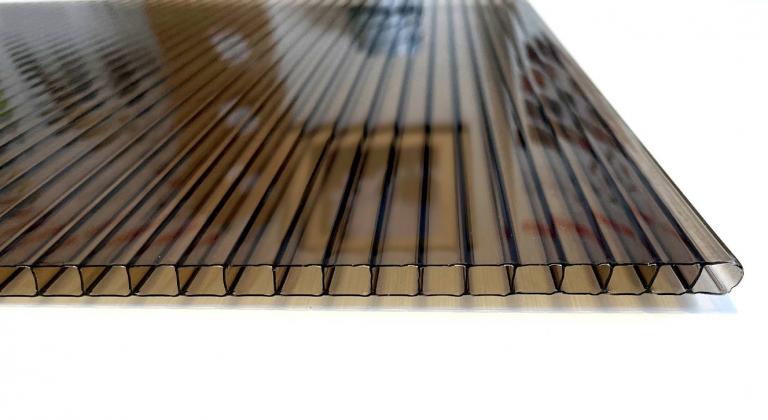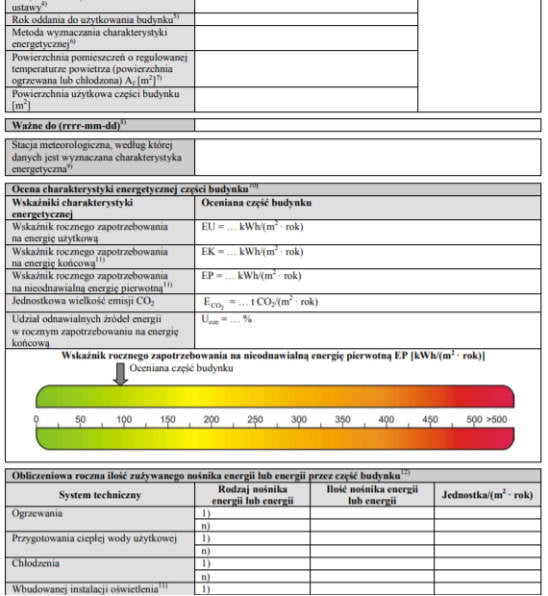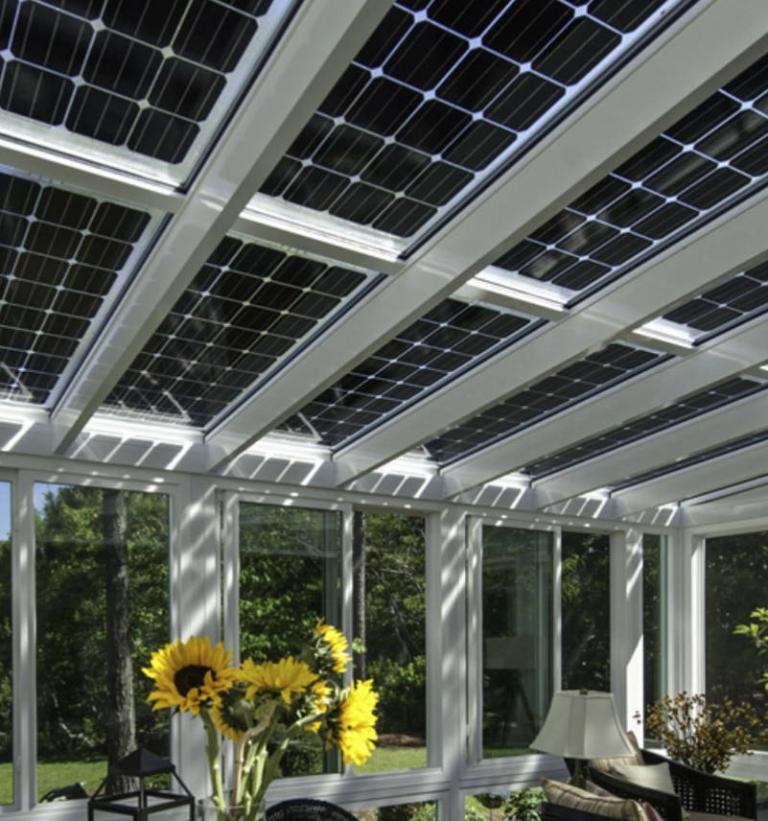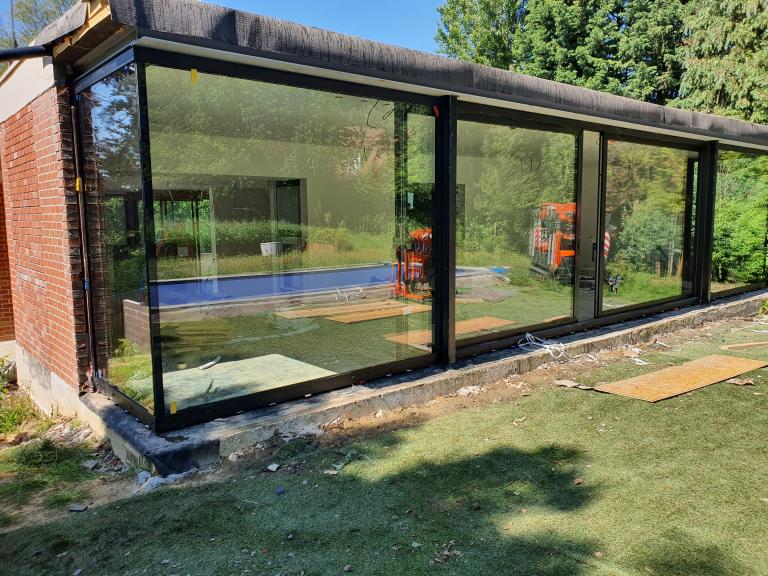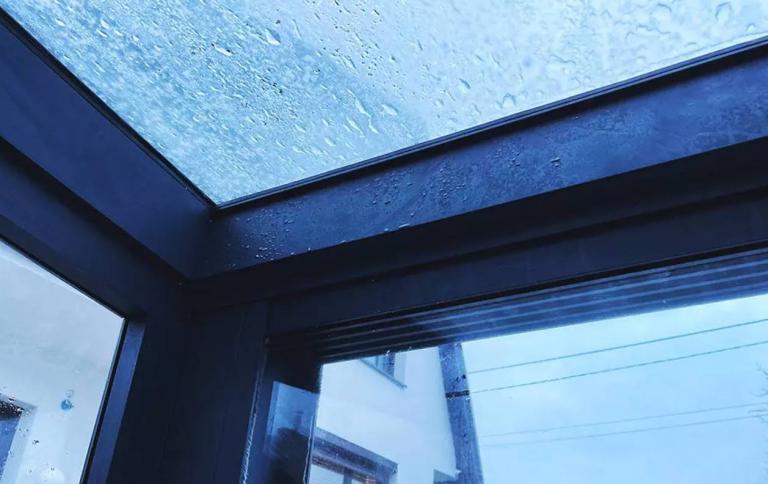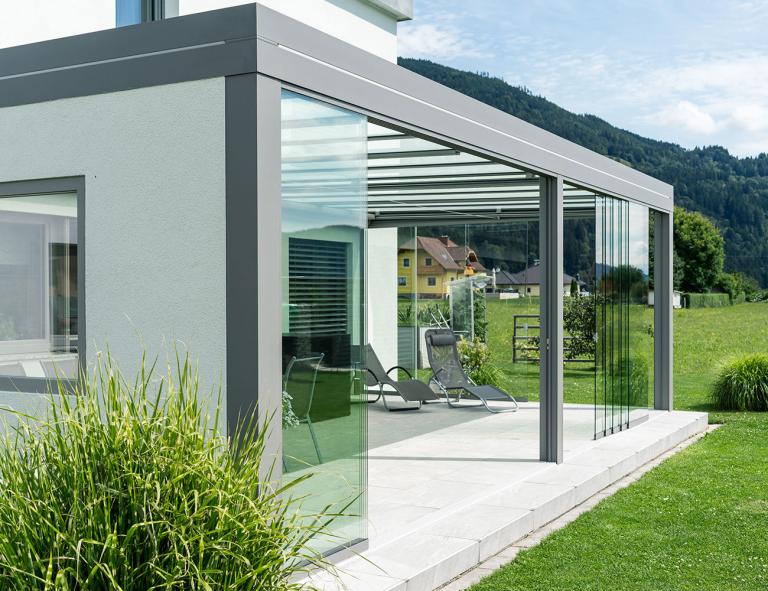A winter garden is a great solution for plant lovers who want to enjoy them all year round. A winter garden is a place where plants can survive the winter in a warm and friendly environment, without having to move them indoors. However, for the winter garden to be effective, attention should be paid to its insulation and heating. Is it better to invest in good quality insulation or in an effective source of heat? Here are some tips to help you decide.
Insulation
Insulation is essential when it comes to a winter garden. Without proper insulation, the conservatory will lose heat, which will increase heating costs. A well-designed conservatory should have the right amount of insulation on the walls, roof and floor. The best insulating materials are polyurethane foam or polystyrene. Polyurethane foam is a better solution because it is more durable and resistant to moisture.
Another issue is the quality of the windows. Windows must be energy efficient to minimize heat loss. Double-glazed windows are the best choice for extra insulation. Windows should also be fitted with seals to prevent heat leakage.
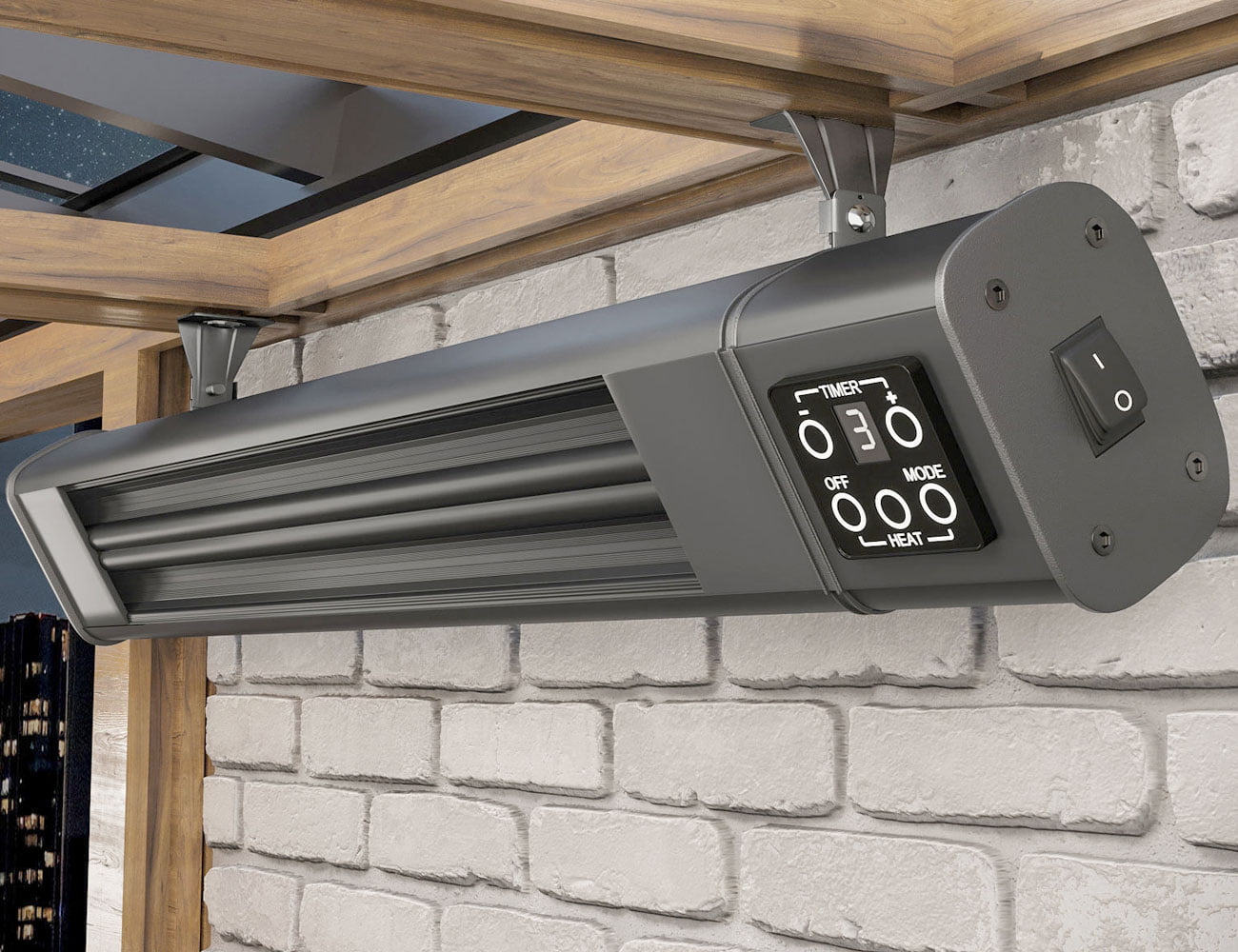
Heating
Another important element is the right source of heat. The choice depends on individual preferences and budget. The most common sources of heat are electric radiators or central heating. Electric heaters are more portable and easy to install, but they are less efficient than central heating. Central heating is a more expensive solution, but it provides better temperature control in the winter garden. You can also consider alternative sources of heat, such as bio fireplaces or tiled stoves.
When choosing a heat source, attention should be paid to operating costs. Electric heaters are cheaper to buy but have higher running costs. Central heating is more expensive to buy, but it can turn out to be cheaper in the long run.
Temperature control
An important element in maintaining the right temperature in the winter garden is temperature control. Many heating systems are equipped with a thermostat that allows you to control the temperature in the room. The thermostat allows you to set the optimal temperature and automatically regulate the heating to keep it at a constant level.
Humidity control
Air humidity in the winter garden is as important as temperature. Plants require adequate moisture to survive the winter. Too dry air can cause the plants to dry out, and too humid air can favor the development of fungal diseases.
To control the humidity in your conservatory, consider installing a humidifier. The air humidifier will maintain the right level of humidity in the room, which will positively affect the plants. In the case of too humid air, it is also worth remembering about a good ventilation system that will allow air exchange and avoid excessive accumulation of moisture.
Summary
A winter garden is a perfect solution for plant lovers who want to enjoy them all year round. In order for the winter garden to be effective, attention should be paid to its insulation and heating. Insulation and window quality are key to minimizing heat loss, and choosing the right heat source depends on individual preference and budget. Temperature and humidity control are equally important in maintaining a suitable environment for plants.
In summary, the best solution is a combination of insulation, a good heat source, temperature and humidity control, and adequate ventilation. Thanks to this, the winter garden will be an ideal place for your plants, and you will be able to enjoy their beauty all year round.


